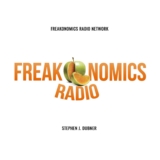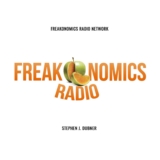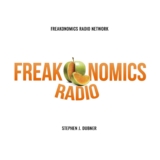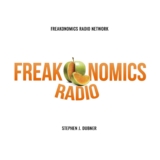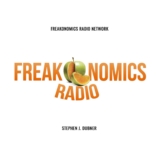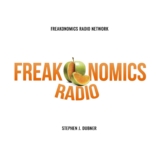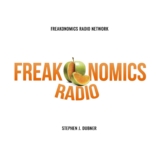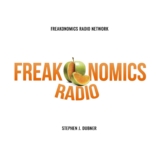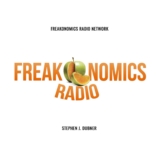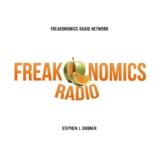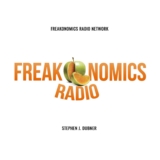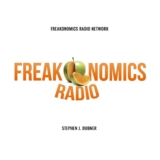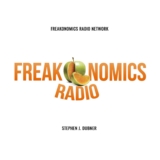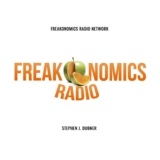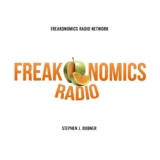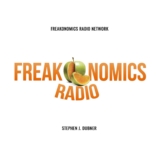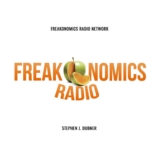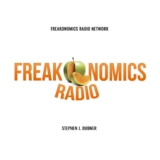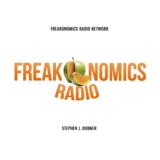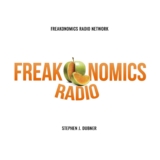Bapu Jena was already a double threat: a doctor who’s also an economist. Now he’s a podcast host too. In this sneak preview of the Freakonomics Radio Network’s ...
The pandemic may be winding down, but that doesn’t mean we’ll return to full-time commuting and packed office buildings. The greatest accidental experiment in ...
The social psychologist Robert Cialdini is a pioneer in the science of persuasion. His 1984 book Influence is a classic, and he has just published an expanded ...
The human foot is an evolutionary masterpiece, far more functional than we give it credit for. So why do we encase it in “a coffin” (as one foot scholar calls ...
The man who wants America to “think harder” has parlayed his quixotic presidential campaign into front-runner status in New York’s mayoral election. And he has ...
It’s true that robots (and other smart technologies) will kill many jobs. It may also be true that newer collaborative robots (“cobots”) will totally ...
Backers of a $15 federal wage say it’s a no-brainer if you want to fight poverty. Critics say it’s a blunt instrument that leads to job loss. Even the ...
The state-by-state rollout of legalized weed has given economists a perfect natural experiment to measure its effects. Here’s what we know so far — and don’t ...
In this special crossover episode, People I (Mostly) Admire host Steve Levitt admits to No Stupid Questions co-host Angela Duckworth that he knows almost ...
Kidney failure is such a catastrophic (and expensive) disease that Medicare covers treatment for anyone, regardless of age. Since Medicare reimbursement rates ...
Medicine has evolved from a calling into an industry, adept at dispensing procedures and pills (and gigantic bills), but less good at actual health. Most ...
Why do so many promising solutions — in education, medicine, criminal justice, etc. — fail to scale up into great policy? And can a new breed of ...
In a word: networks. Once it embraced information as its main currency, New York was able to climb out of a deep fiscal (and psychic) pit. Will that magic ...
Behavioral scientists have been exploring if — and when — a psychological reset can lead to lasting change. We survey evidence from the London Underground, ...
Americans are so accustomed to the standard intersection that we rarely consider how dangerous it can be — as well as costly, time-wasting, and polluting. Is ...
New York Times columnist Charles Blow argues that white supremacy in America will never fully recede, and that it’s time for Black people to do something ...
Researchers are trying to figure out who gets bored — and why — and what it means for ourselves and the economy. But maybe there’s an upside to boredom?
Not so long ago, G.E. was the most valuable company in the world, a conglomerate that included everything from light bulbs and jet engines to financial ...
Most of us are are afraid to ask sensitive questions about money, sex, politics, etc. New research shows this fear is largely unfounded. Time for some ...
Caitlin Doughty is a mortician who would like to put herself out of business. Our corporate funeral industry, she argues, has made us forget how to offer our ...
- « Previous Page
- 1
- …
- 14
- 15
- 16
- 17
- 18
- …
- 25
- Next Page »

